Stream Building
FranceParis
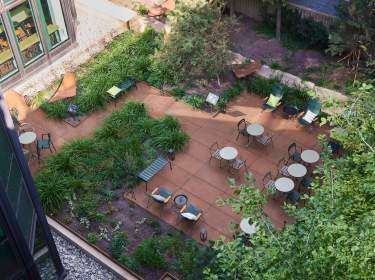

Buildings are at the heart of many transitions: energy, carbon, ecological, digital, social, societal, etc. As an investor, developer and manager, Covivio is involved throughout the real estate life cycle to offer ever more virtuous and efficient buildings, capable of meeting the climate challenge.
Since 2015, Covivio has set itself ambitious targets for the certification (HQE, BREEAM, LEED) of its portfolio. Following its Purpose’s expression, the targets have been reinforced: 100% of Covivio’s portfolio will have to be certified by 2025.
On every site, Covivio is optimising energy performance and reducing CO2 emissions by using a strong investments and works policy and increasing the awareness of the various agents in the real estate value chain: development, management, and renovation.
With its eco-construction approach, Covivio is co-building a more resilient, more inclusive city by working to combat climate change and urban sprawl, favouring the circular economy, and placing people at the centre of every project.
France offices (vs 71,1% in 2016)
Italy offices (vs 54% in 2016)
Hotels in Europe (vs 27% in 2016)
German residential (thanks to HQE Exploitation on the whole portfolio)
Germany offices (new portfolio)
Tertiary development pipeline aiming for a level of certification above Excellent / Gold
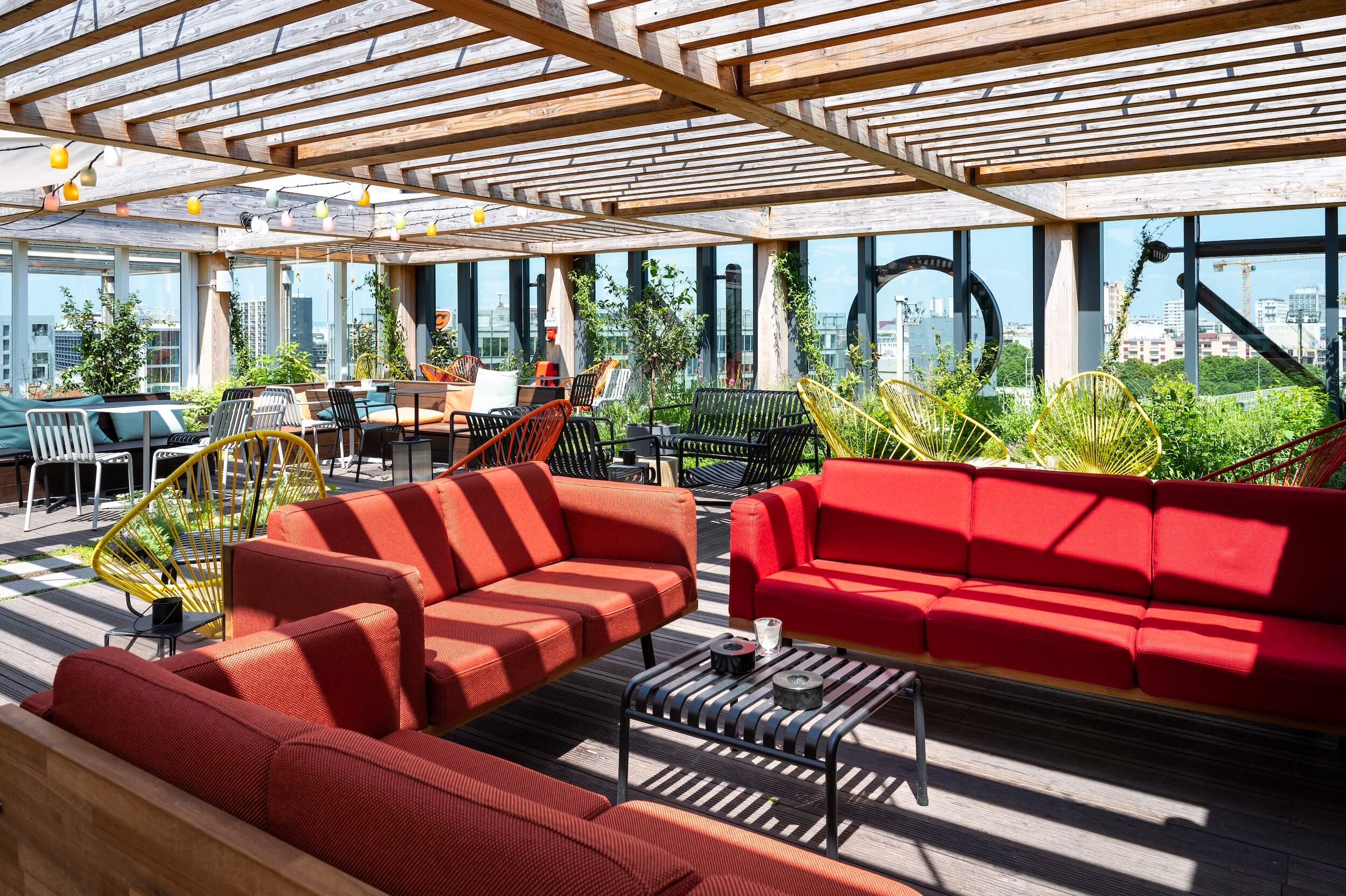
In 2017-2018, Covivio verified that its 2030 European carbon trajectory was compatible with that of the Paris Agreement of December 2015. Created with the French Scientific and Technical Centre for the Construction Industry (CSTB), and based on a firm scientific footing, this trajectory involves Covivio’s different products in Europe (offices, hotels, residential) and was approved by the SBT (Science-Based Targets) initiative in 2018. In 2021, Covivio has decided to raise its carbon ambitions to align itself with a 1.5°C trajectory and aim for a “Net Zero Carbon” (Scopes 1 and 2) and Well-below 2°C (Scope 3 including construction / renovation).
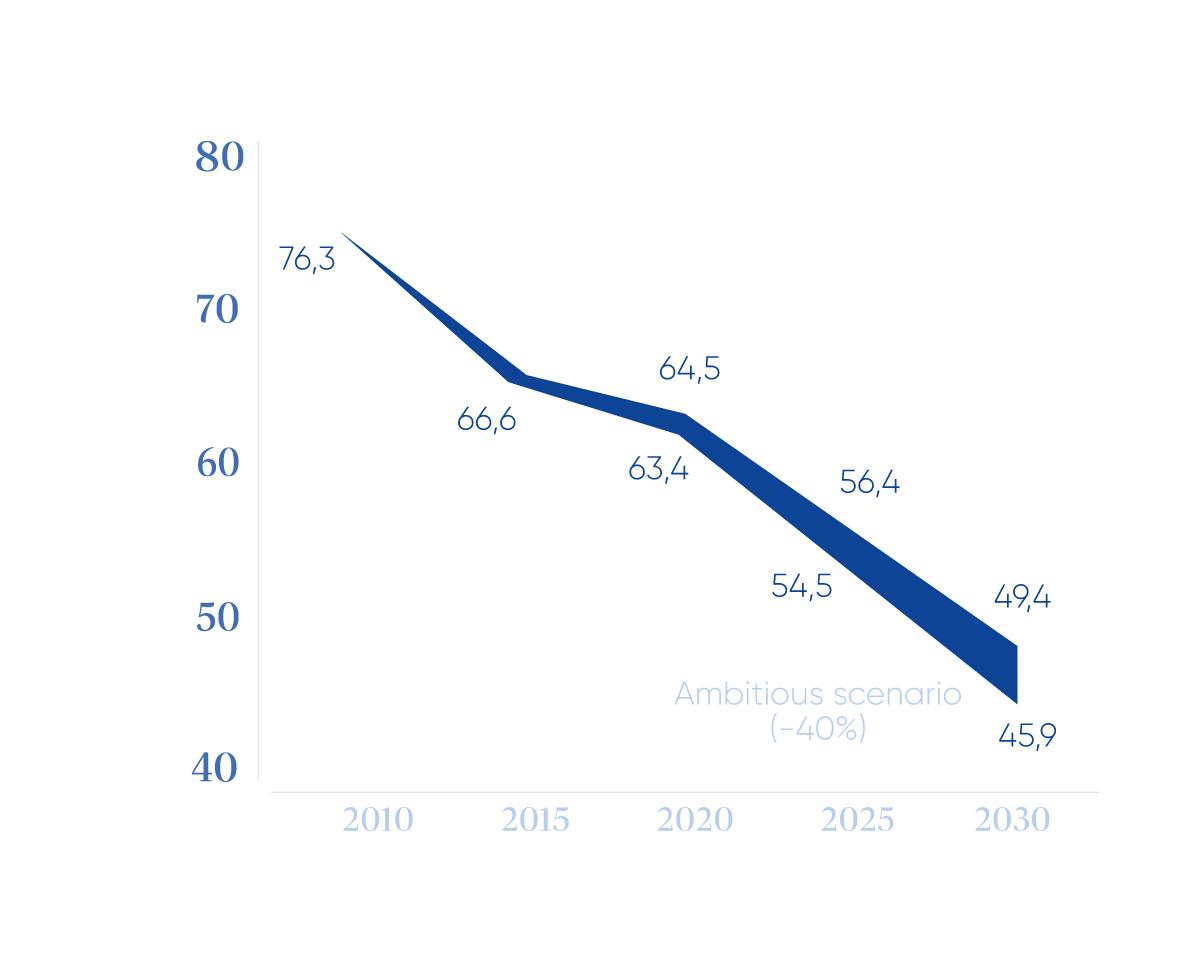
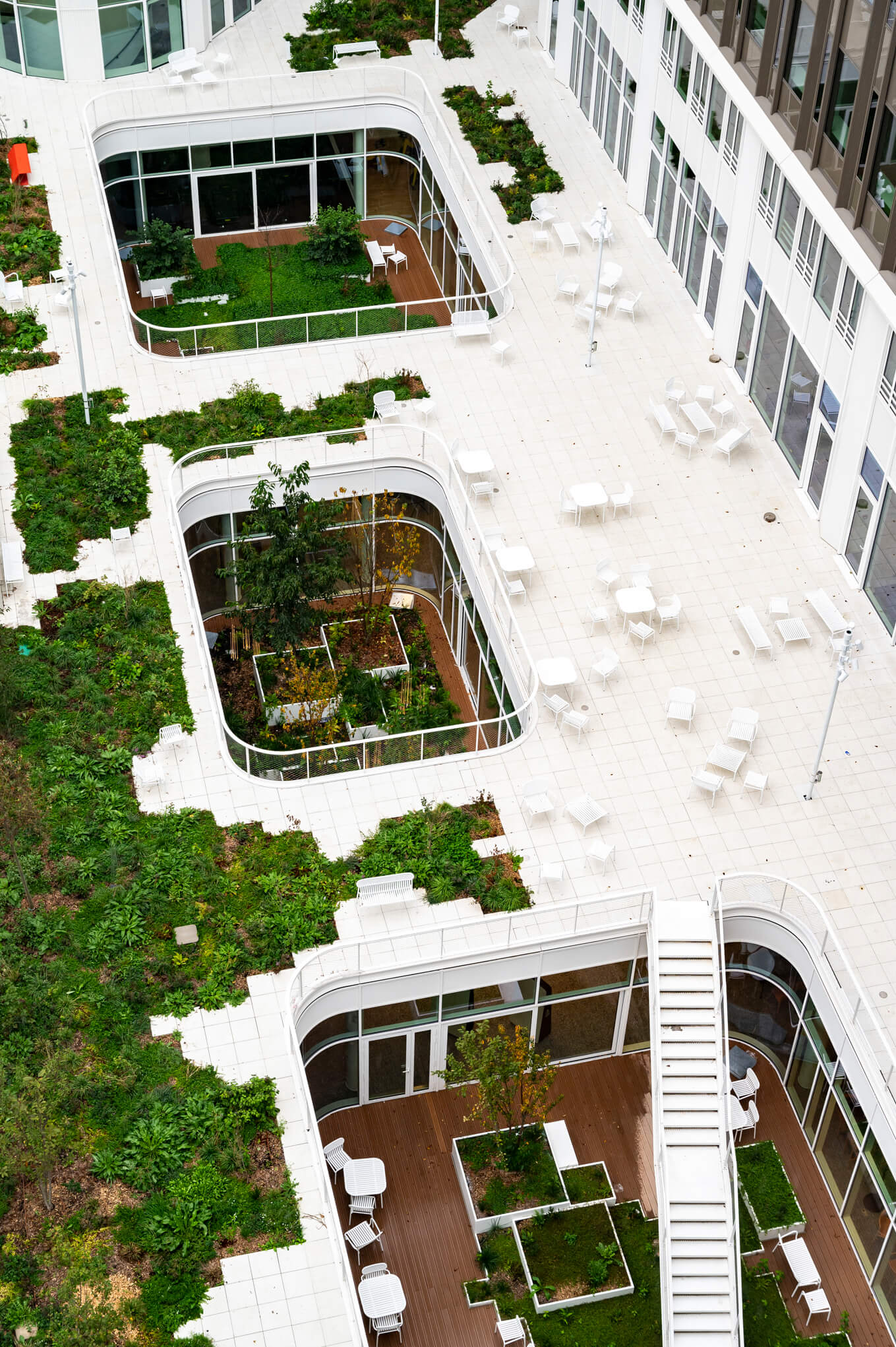
Discover
Discover Covivio’s strategy and actions to combat global warming
Covivio is thus committed to reducing its greenhouse gas emissions by 63% in absolute value by 2030 compared to 2015 on its direct activities (Scopes 1 and 2), in line with a 1.5°C trajectory. The Group is also committed to reducing its indirect emissions related to the consumption of all the buildings in its portfolio held in Europe as well as the construction and renovation of assets (Scope 3) by 37.5%, compatible with a Well-below 2°C trajectory (between 1.5 and 2°C).
These objectives thus lead to a targeted reduction of -40% between 2010 and 2030 in intensity per square meter held by Covivio in Europe.
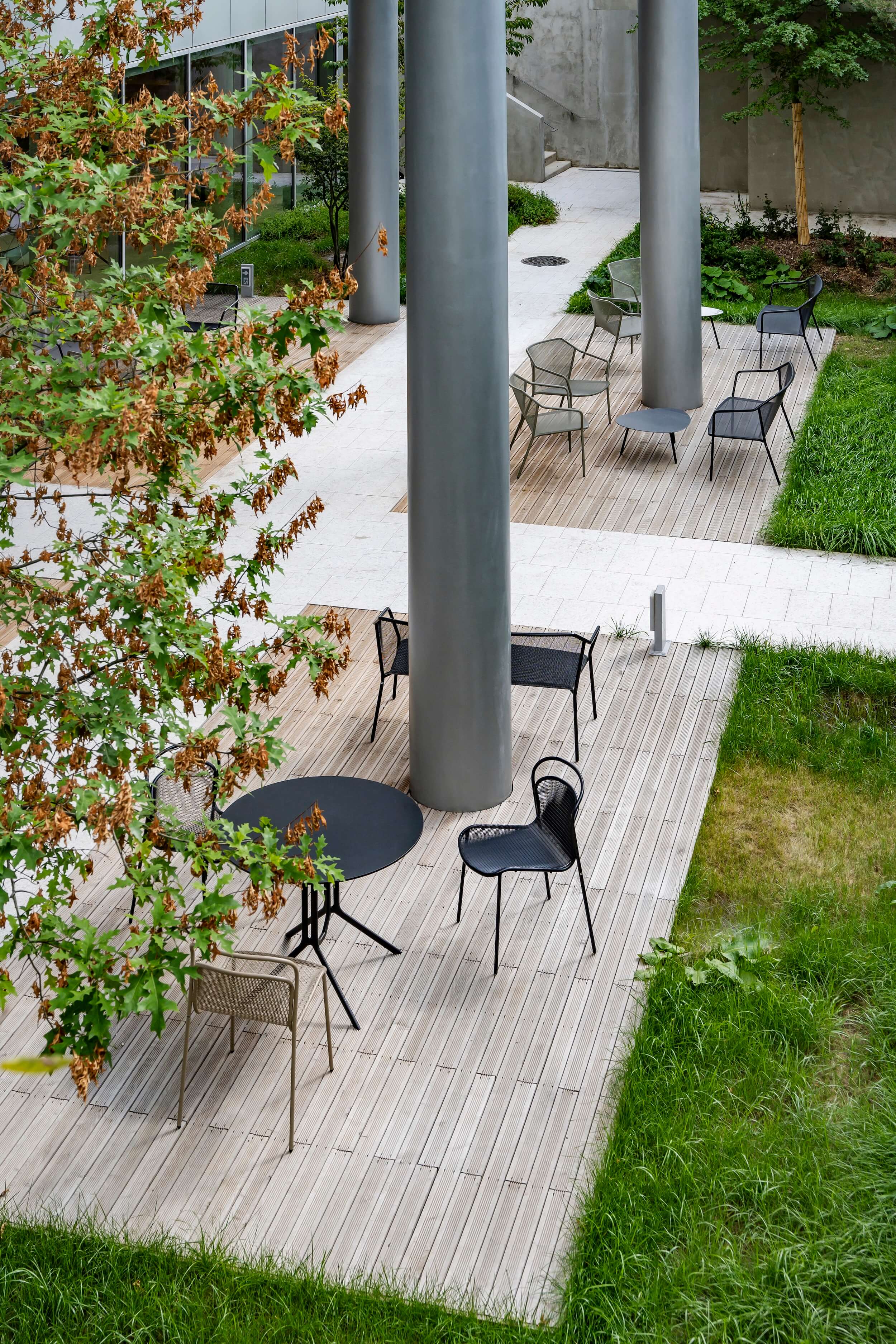

Against a backdrop of global energy tension, and aware of the issues surrounding water, Covivio has long taken steps to optimise consumption within its buildings. These measures are already bearing fruit: between 2008 and 2022, the amount of water consumed by our office portfolio in France fell by 38%.
To align our actions with the French government’s Water Plan, we have deployed EcoWater: a programme of concrete actions to optimise water consumption in our office buildings in France, while involving our entire ecosystem.
EcoWater is a set of actions and objectives based on 4 pillars:
Covivio is also a pioneer in Building Information Modelling (BIM). In addition to the improvement in the operational management of properties, this tool promotes the circular economy by organizing the traceability of materials so they may be reused. 100% of its new construction operations in progress are designed under BIM.
At the heart of the future centralities of Greater Paris, Stream Building offers 16,200 m² of mixed-use spaces combining innovation and environmental excellence. Benefiting from high levels of certification (HQE Exceptional, BREEAM Excellent and BBCA, E+C-, effinergie+ labels), the project has an architecture mixing concrete and wood with large green spaces and photovoltaic panels.
FranceParis
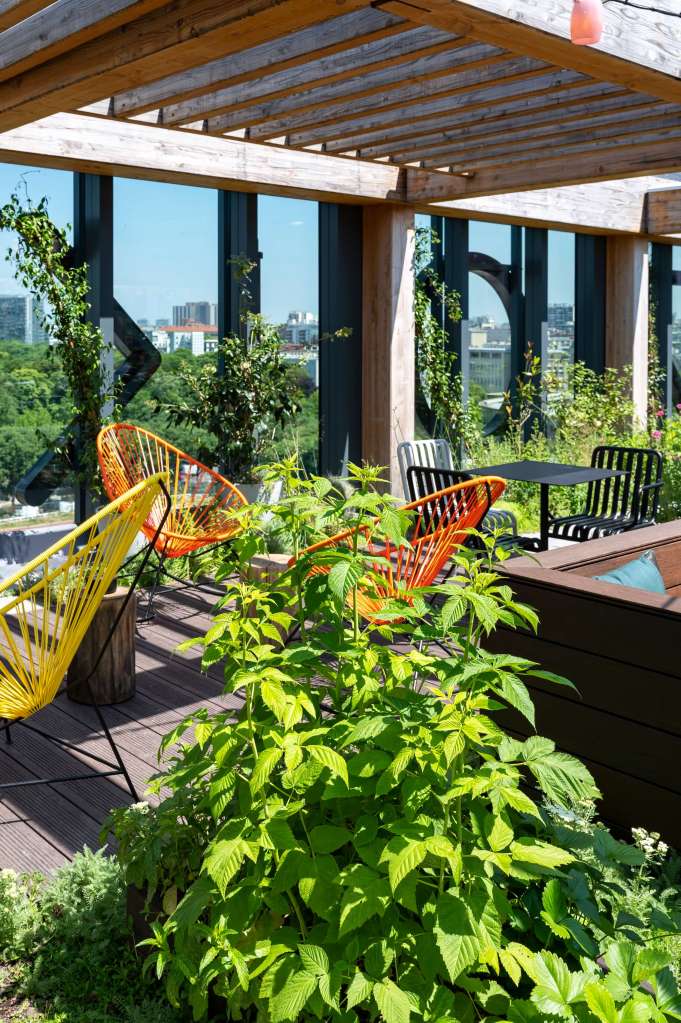
2,000 m3 of wood used allowing the storage of 1,400 teqCO2
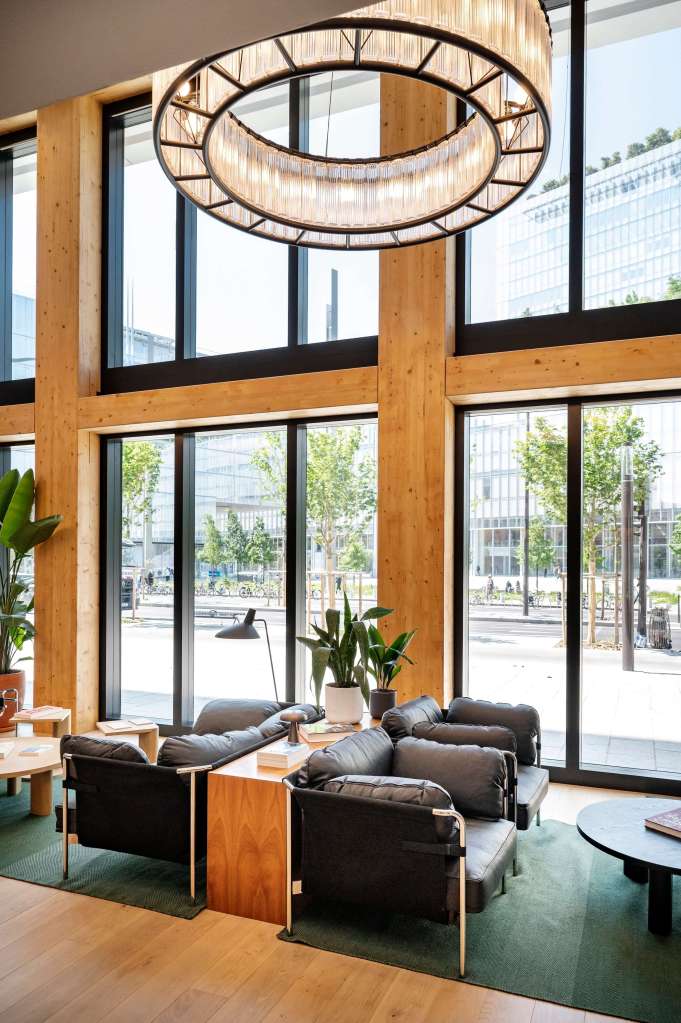
Reduced energy cost over its entire lifespan compared to other construction materials
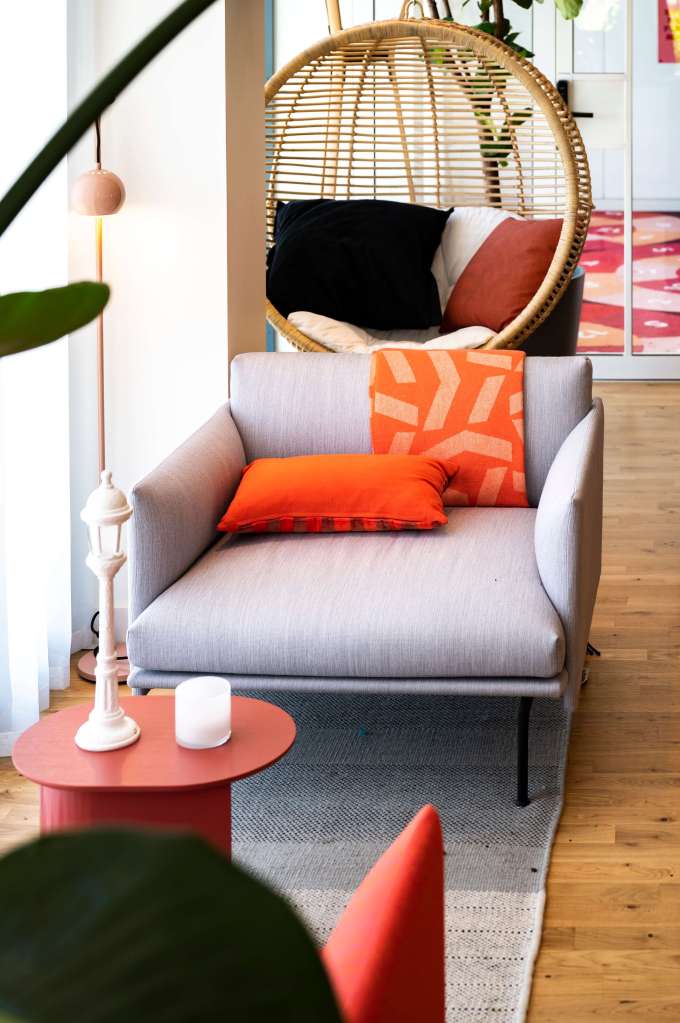
Participation in local economic development: 120% increase of the working hours
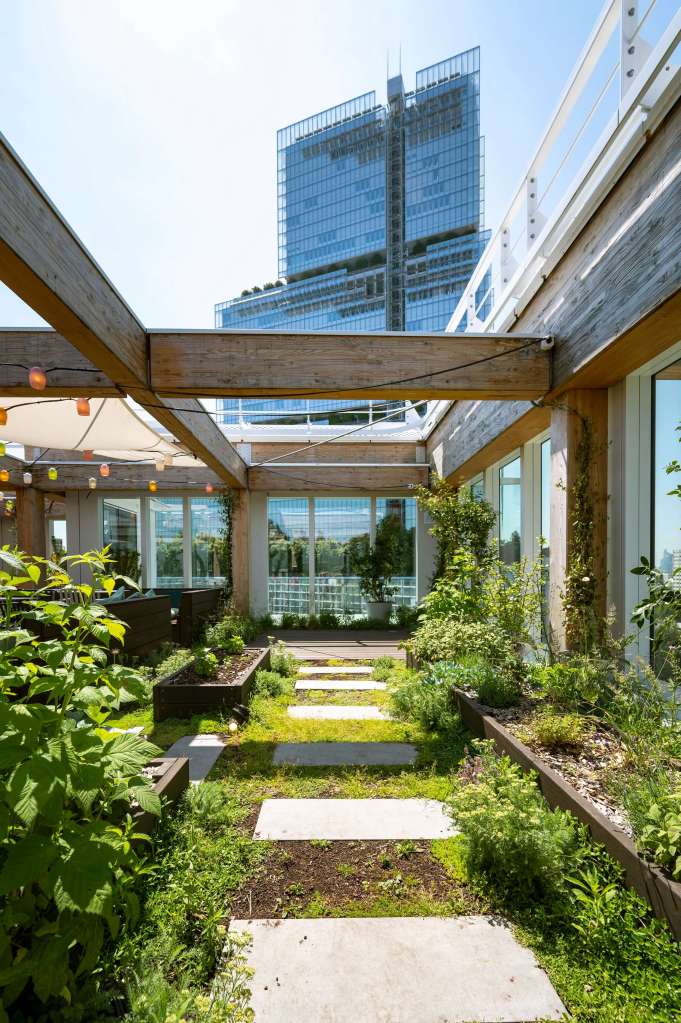
Easier and lighter assembly thanks to prefabrication in the workshop: one stage assembled in 10 working days
Sustainable & inclusive city Building a smarter and more sustainable city in conjunction with local stakeholders.
Committed & responsible social policy
Innovating to enrich the skills of employees.
Transparent & ethical governance
Guaranteeing an ethical and transparent governance framework, ensuring best practices.